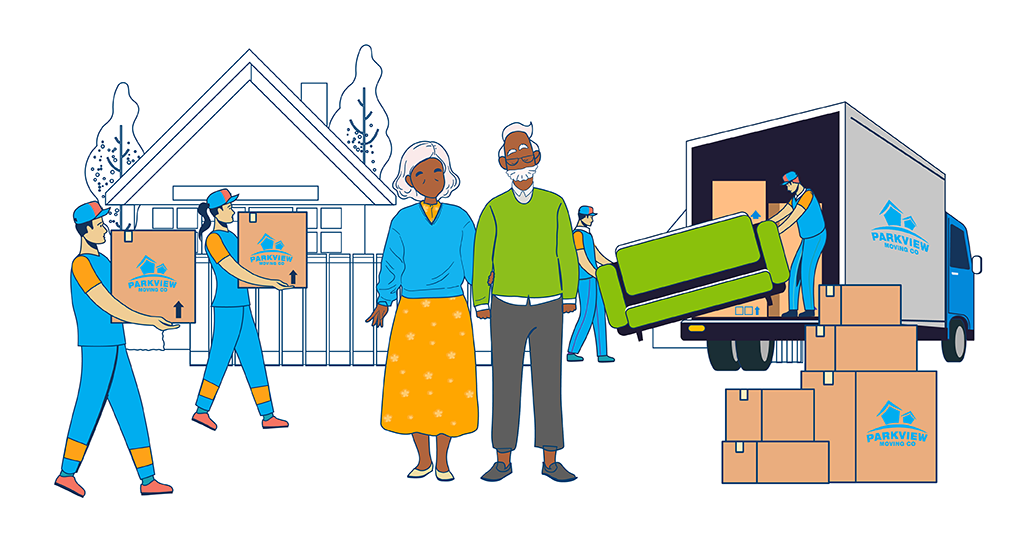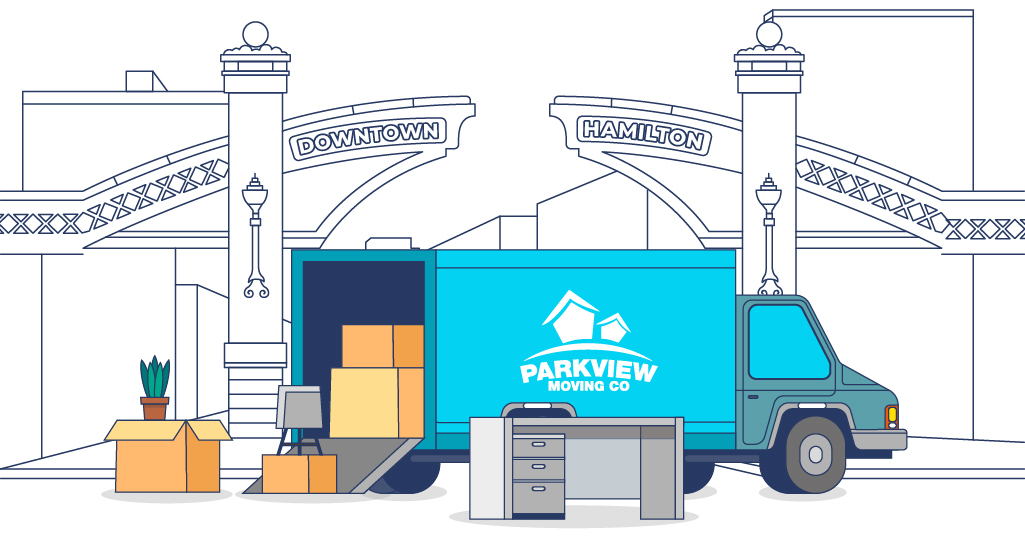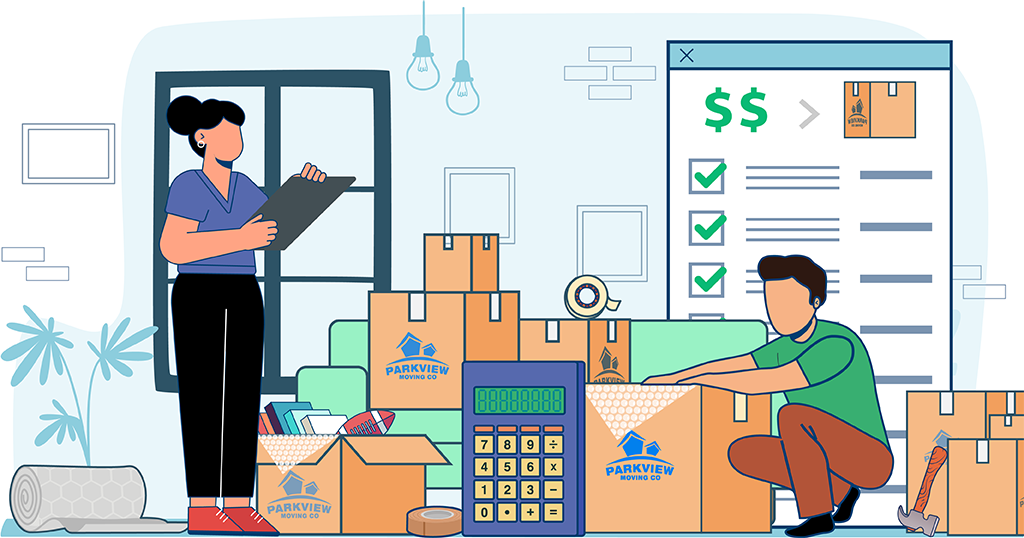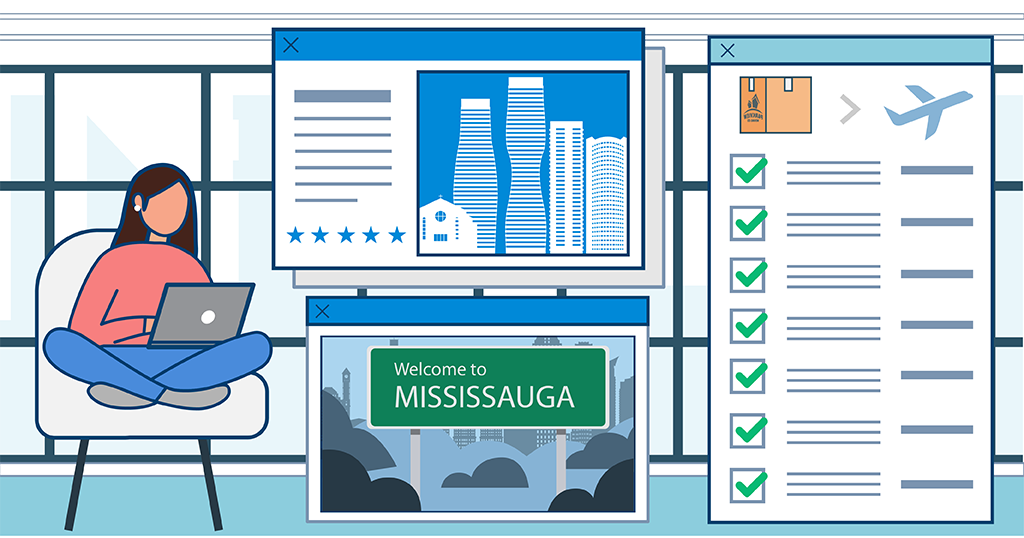
Some view senior moving as a bright new chapter in their life, an opportunity to ditch their responsibilities and enjoy all the social fun of senior communities.
For others, it’s a move faced with a bit more apprehension, worry, and concern about practicalities like the logistics.
Whatever your view, getting the move day right is a big part of making the transition easier. In this guide, we’ll provide some practical tips to help you do that, from choosing the best moving day to tips on preparing for emergencies.
Budgeting for the Move
When moving to senior living, you want the process to be stress-free. You don’t want to spend this transition period worrying about money, so plan ahead.
Look at your finances and the cost of the immediate move. Think about costs such as:
- Storage for your items
- Moving day costs
- Packing services
- Unpacking services
Always add some contingency. It’s good to have some funds available if you find you have last-minute requirements you forgot to include.
Getting Some Moving Quotes
Once you know your budget, it’s time to get some quotes. Always ask for a breakdown of the services you get for that fee to ensure you are comparing like-for-like.
It will also help you determine if there are any extras you’ll need to pay for that aren’t part of the package. Generally, quotes will cover services such as:
- Packing
- Packaging material
- Protective wrapping
- Transportation
- Heavy items (like furniture)
- Furniture placement in your new home
- Unpacking
Not all moving companies will offer this comprehensive list of services. But it’s worth remembering that getting all your services from one company will make your move stress-free and means you don’t have to worry about tiring jobs during your move, like unpacking items.
It’s also worth being specific if you have any unusual requirements during your move, like a piano or heavy antique furniture.
Remember to ask for timescales. A reputable moving company like our team will always do a home assessment so we can provide accurate timescales as well as accurate costs.
If you are moving a pet into your new senior home, you’ll also have to plan for how you’ll do this, including a secure travel carrier to keep them safe and calm on the journey.
Take a Tour of Senior Living Communities
Aim to arrange an in-person tour of your new senior home. When you’re on a tour, here are some questions you should ask to help you plan the transition:
- How big are the private living quarters?
- Is there a choice of size and style of living quarters
- How does the senior living community help transition a resident when they arrive?
- What can you expect on day one when you arrive?
- Does the community offer help with moving?
Touring communities is the best way to explore the environment ahead of your move. You can spot potential issues you need to plan for before your move day, such as getting large items through doors or onto higher floors.
You can measure floor place in your new living quarters and plan where your furniture and decor will go. A tour can also help you visualize living there and get you excited about moving day, making the transition a breeze.
Preparing for the Move Day
A bit of planning will help you move, and transition run a little smoother. Here are the simple steps to follow:
Step 1: Downsizing and Decluttering for Seniors
We all accumulate a lot of belongings over time, and when you reach your senior years, you have many things in your home. Now is the time to begin decluttering and embrace a minimal living approach.
Reducing your belongings will help you save on moving costs. It will also make fitting everything into your new private residence easier. Start by sorting through your belongings, diving everything into the following categories:
- Keep
- Sell
- Donate to charity or give to friends
- Throw away
Selling items you don’t need is a good way to raise extra funds for your move. If you have precious keepsakes, giving them to relatives is a great way to ensure they remain in the family.
Step 2: Planning Your Move Day
You’ll need to liaise with your new senior living community to confirm a move date. Once you have one, it’s time to arrange for a moving company to help you pack and transport everything.
Remember to check the timescales from the moving company so you can let the senior living team know what time you will be arriving. Supply your moving team with a floor plan of your new apartment so they know where to put your furniture.
It’s also worth checking in with family and friends to see who can help with the move day. Speak to your new senior living community to find out what help they can offer.
Step 3: Set Up Your New Home
When you first arrive, a new home always feels a little empty and impersonal. Yet unpacking a few special belongings can make you feel at home from day one.
Keep important items in one box so you can unpack them immediately. It’s also a good idea to pack and label boxes according to their new room, so think about where you want your belongings before your move date.
Step 4: Handling Any Administrative Assignments
When you move, you’ll need to notify banks, insurers, and healthcare providers of your new address. Do this ahead of your move date to ensure you don’t miss any important mail.
Tips for Your Moving Day
Planning a big move can feel overwhelming, especially in your later years. Here are a few tips to make sure the day runs smoothly and to plan.
Think About the Timing
Transition will be easier if you pick the right time for your move. Think about other factors that can ease or hinder your move day, like the availability of friends and family.
Perhaps you have an upcoming doctor’s appointment that you prefer to get out of the way first. You may want to choose a day when the weather is likely mild to avoid last-minute cancellations.
Get Some References for Your Movers
Don’t pick a moving company because it’s the first name you found on Google. Choose one that has experience, is dependable, and knows how to handle the uniqueness of senior moves.
A trustworthy company is a must, so always ask for references and reviews. You can find comments from our happy customers here. Remember to choose a moving company with appropriate insurance coverage, too.
Don’t Forget to Seek Emotional Support
Many friends and family may offer practical support for your moving day but don’t overlook the importance of some emotional support.
Saying goodbye to a family home and neighbors you’ve known for decades can be an emotional experience. Make sure someone is there to put their arms around you.
Pack an Emergency Kit
In an emergency, you don’t want to be rummaging around in a massive box looking for essentials. Pack an emergency bag with your medication, important documents, and a change of clothes. A first aid kit is also good to have on hand.
Moving and Safety Considerations
Think about your health and safety ahead of your move. For example, you should leave carrying to your moving company to avoid the risk of injury or back strain.
It’s also worth reviewing your home layout before the move to ensure pathways are clear and there are no hazards that could pose a risk, such as loose cables.
Communicating With Your Moving Team
Talk to your moving team about the specific requirements for your move.
Discuss concerns, such as handling special, delicate, or breakable belongings like heirlooms. Provide your contact details and give your movers an emergency contact, too, like a family member.
Priority Tasks Post-Move
Once your moving day is complete, it’s time to do the next essential steps. Don’t feel overwhelmed by a massive list of tasks. Instead, focus on the priorities. That might include:
- Adding personal items like family photos to your new home
- Accessorising furniture with cushions and throws
- Unpacking frequently used belongings like toiletries and kitchen items
Remember that it takes time to settle into a new environment, so invite family and friends to spend the day with you soon after your move. It will help you adjust.
Get to Know Your New Neighbors
If you are moving to a senior living community, you’ll now have many new neighbors.
Embrace this by joining social activities that are offered to get to know people. Arrange to dine with a familiar face and seek staff support if you need guidance about booking events or day trips.
Senior Moving: Planning for a Smooth Transition
Senior moving may feel like a big moment in your life, but it doesn’t need to be an overwhelming one. With the right support and a bit of planning, you can make the moving day go with ease and settle quickly into your new home.
Parkview Moving Co is your trusted Ottawa moving company. We are family-owned and specialize in senior moving services, so contact us today for a free quote.






